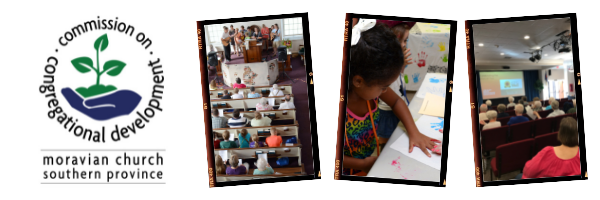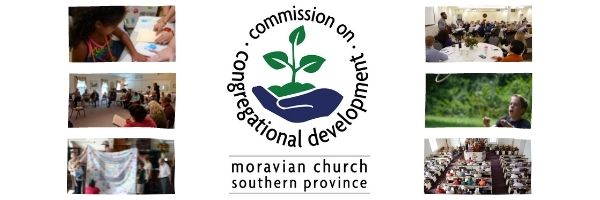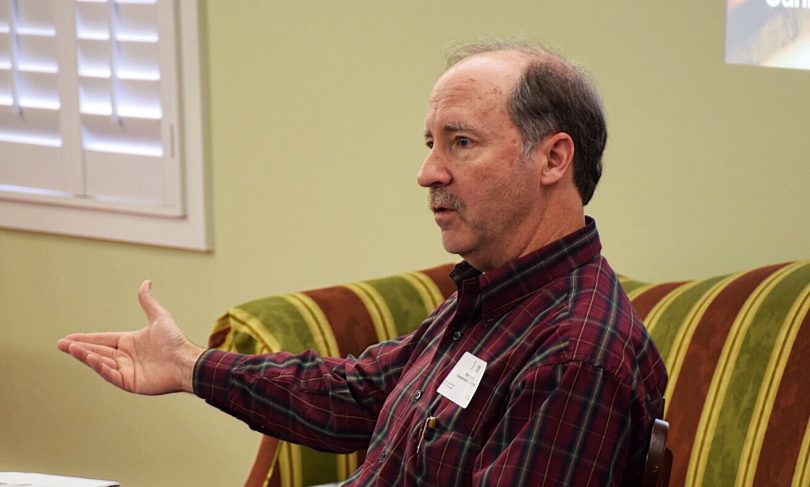This is the second in a series of posts that share the development of a project which I’ve been working on since June of 2015. (Read Part One here.) The Board of Cooperative Ministries, now Commission on Congregational Development, sponsored and oversaw this work. I didn’t think it would ever have a name, but finally we found one that rang true for those involved in this process. We now call it Living Faith.
This blog starts with my comments regarding the development of a model of church life that we believe can invigorate our congregations. You may find that some of my comments ring true for you, while others might have you objecting out loud. I hope you share both in response to this blog.
In my first post, I suggested that much of what we do in our congregations focuses on things other than what we need to enable our members to experience spiritual growth. These are important things, but they are designed to achieve objectives other than spiritual growth. If you look back at that post, I write about Sunday School classes and the good that they do. I mentioned that Bible studies also serve an important purpose but often lack the elements that they need in order to enable participants to experience significant spiritual growth. They may learn about spiritual maturity, but they don’t necessarily experience it. This probably raised questions in the minds of many readers as to what factors do I think are needed to make spiritual growth possible. That’s what this post is about.
A key element that helps to make this happen is face-to-face interaction on a regular basis in which we share our spiritual journeys with each other. In Living Faith, this involves sharing our responses to two questions while a few are gathered together:
- In what ways has God moved in your life since we last met?
- In what ways has God been silent in your life since we last met?
This makes two things necessary:
1) One is that the group must be smaller than many Sunday School and Bible study classes that exist in many of our churches. If there is a group of seven or more, time just doesn’t allow meaningful responses to these questions by each participant. Smaller than seven is actually preferable.
2) The second thing that becomes necessary in order to respond honestly to these two simple questions is an agreement that things shared must be kept in the strictest confidence. Most of our gatherings in church are not understood to be in confidence. They are good groups, but they aren’t seen as places of confidentiality. This is not to suggest that people must share deep, intimate secrets in such a setting in order to achieve spiritual maturity; but some level of privacy is needed in order to develop close relationships and accountability.
Speaking of accountability, in addition to face-to-face interaction on a regular basis, another element that is essential to spiritual growth is attendance at the weekly to bi-weekly Living Faith group’s gatherings and also personal daily devotional practices. Group members don’t confront each other but encourage each other to remain committed to these parts of their group covenant. This binds the group members together in a way that few other things can do.
Many Moravians have participated in a Gemeinschaft group. This movement began in the Southern Province of the Moravian Church, but it has been used beyond Southern Province churches by many who have found it beneficial. Those who read this and who have participated in such a group will notice some of the similarities between Gemeinschaft and Living Faith. (I should point out that there are significant differences, too.) Most have found that the experience of sharing their faith journey in regular gatherings develops strong, long-lasting relationships. That group becomes an important faith community for them.
The development of one’s faith is not meant to be pursued in solitude. It is intended to be found in the fellowship of others who are seeking the same walk of faith toward spiritual maturity in Christ. That’s what Living Faith is all about.
When has ongoing fellowship in the faith with others enabled you to move closer to Christ. Anyone care to share?
Questions? Or want to learn more about Living Faith? Contact Tim Byerly at tlbyerly1971(AT)gmail.com.
The Rev. Tim Byerly was the Special Project Manager for Living Faith Small Group Ministry under the Moravian Board of Cooperative Ministries (BCM) now the Commission on Congregational Development.









